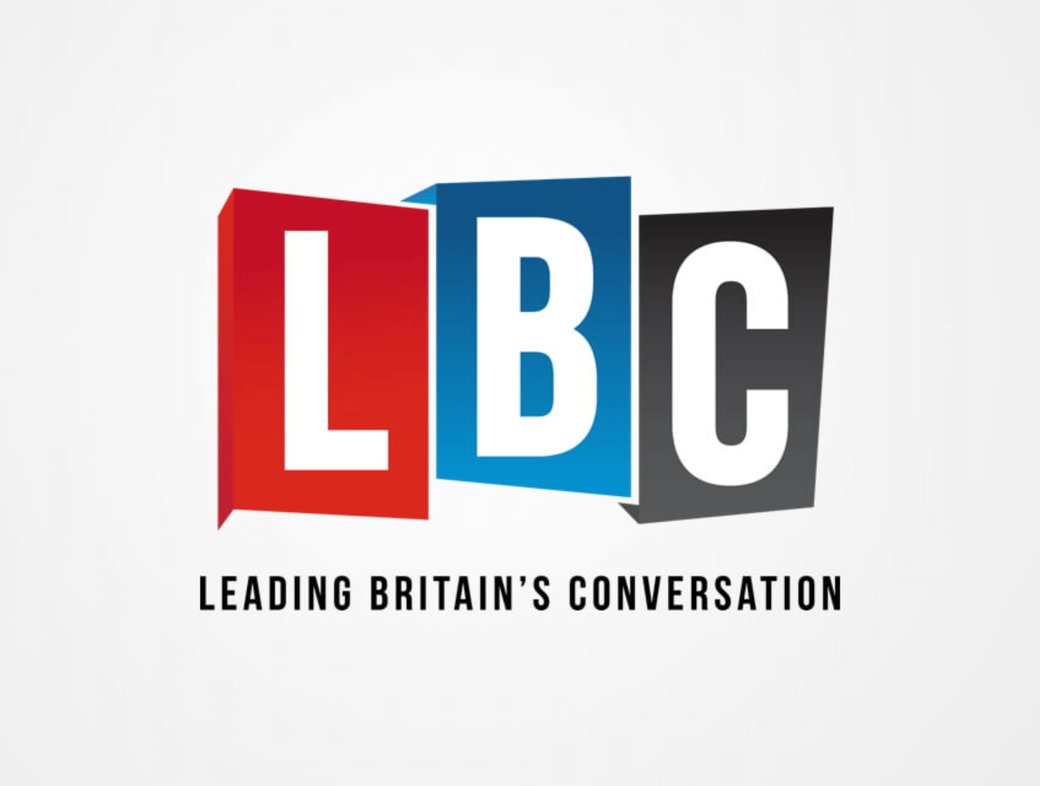
While the cost of living crisis has made life acutely less secure for many people, this level of chronic insecurity has been growing over the longer term. The collective impact of household insecurity is beginning to show in whole communities. It is no longer a crisis only of individual circumstances, but a systemic problem, reflected in the fraying fabric of civil society and faith groups. These institutions form a vital part of the safety net offering security and material support to millions of people but are themselves becoming less secure. There is a risk that churches and other faith groups will close, not because of falling attendance or religious affiliation, but because they cannot afford to keep the lights on.
This report is the culmination of a year–long project exploring how insecurity, both economic and social, is affecting churches, faith groups and local communities.
It draws on 48 interviews with faith leaders, volunteers and charity workers in four local authority areas across England and Scotland. These took place over the course of 2022, as the cost of living crisis emerged and deepened. The report details the scale and scope of this issue, which we argue constitutes an emerging ‘social recession’. We argue also that there is a strong theological rationale for taking insecurity seriously as a socio–economic issue, distinct from poverty, rooted in the Old Testament.
It is critical that community and faith groups are supported and secured both during and beyond the current crisis, and to this end we offer policy recommendations which focus on systemic as well as individual insecurity.
Read the full report here.
*Image by Africa Studio on Shutterstock
Interested in this? Share it on social media. Join our monthly e–newsletter to keep up to date with our latest research and events. And check out our Supporter Programme to find out how you can help our work.



